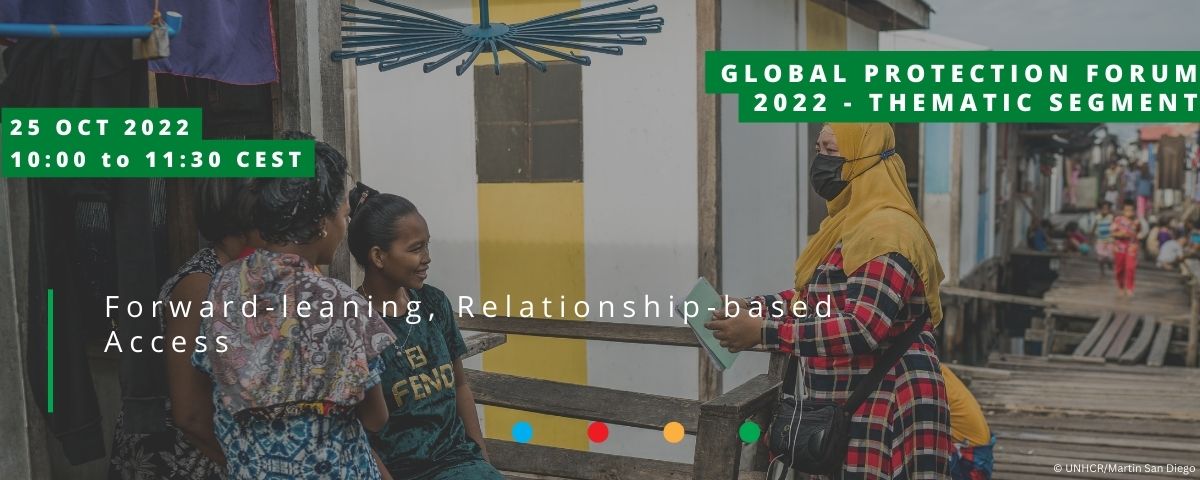Organised by Nonviolent Peaceforce and co-hosted by the Permanent Mission of the Kingdom of the Netherlands to the United Nations Office, this session will illustrate the potential that access for the protection holds to become one of the most relevant, direct-action approaches to operationalizing the triple nexus. It will explore forward leaning, locally co-created, deeply rooted, relationship-based efforts in opening access and contributing to an improved protective environment. These efforts create improved predictability at the least and improved security at the best, thereby having the potential to interrupt cycles of violence, enabling safer space for more significant localized action, humanitarian and development efforts.
Focus on both access and protection has been growing significantly across the humanitarian landscape in recent years. While the increased attention can bring welcome resources and focus to these challenging elements of humanitarian responses, the risk is that an energized system wide focus can inadvertently overshadow existing, dynamic, effective and localized actions.
The following questions inform discussion and potential outcomes of this session and future work on the topic:
- How can robust local engagement be supported in access for protection efforts?
- What is the evidence that keeping access and protection together rather than allowing them to be siloed achieves protection results?
- How does an increased focus on involvement of affected populations in security provision and dialogue improve the effectiveness of our interventions?
- Does an increased focus on the people and communities experiencing insecurities and including them in generating or implementing potential solutions to conflict indeed lead to a reduction in violence?
- How can this work be understood to be the pre-requisite for any significant operationalization of the peacebuilding and the humanitarian-peace-development nexus?
This event is envisaged as an opportunity to amplify local voices and experiences in the space of access for protection. It will engage with protection cluster colleagues in South Sudan and Iraq. It will be important for the purposes of this forum to illustrate the mutually reinforcing roles the humanitarian system actors, INGOs and local actors can play in building the access for protection chain.
Simultaneous interpretation is available in French, Spanish and Arabic.


